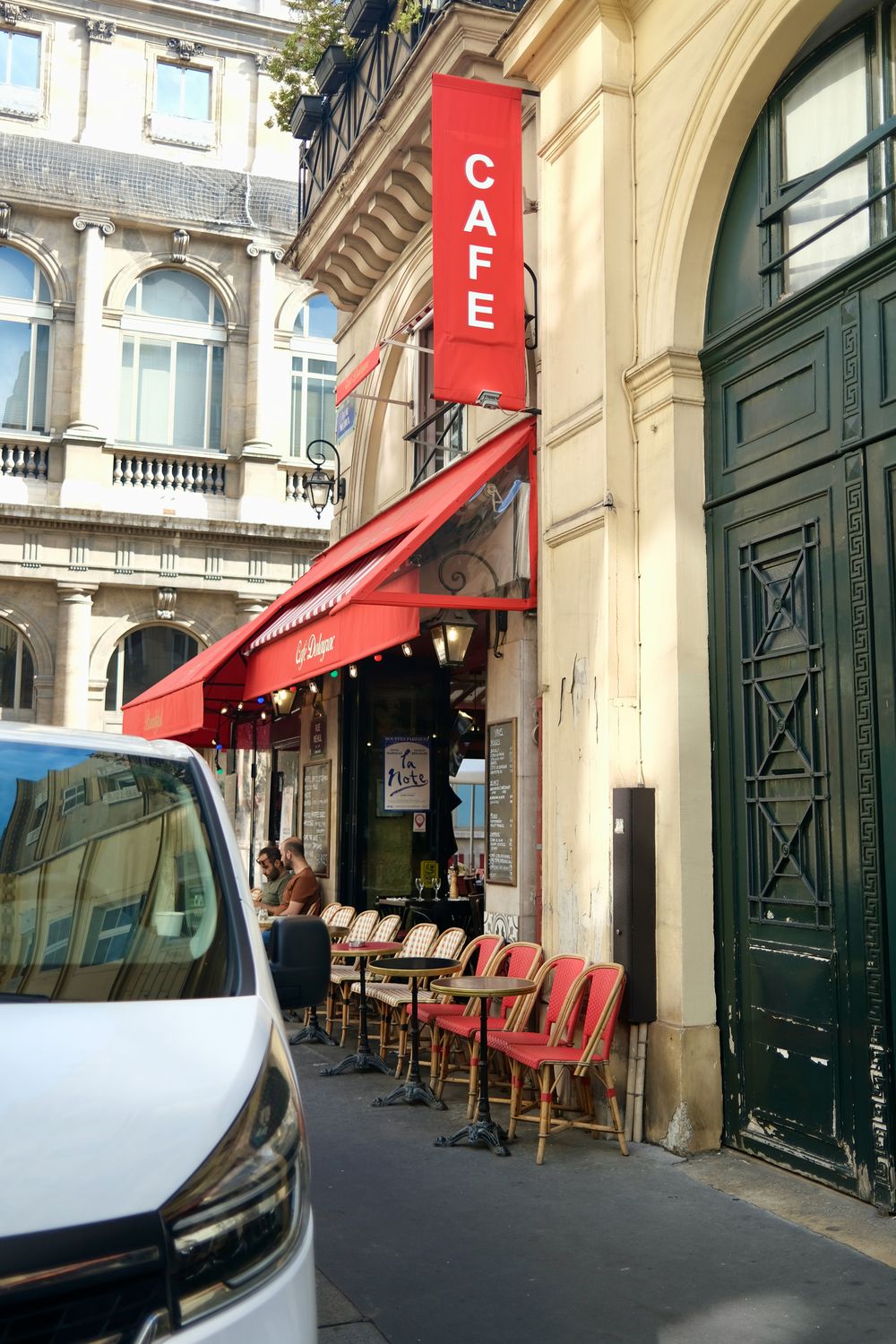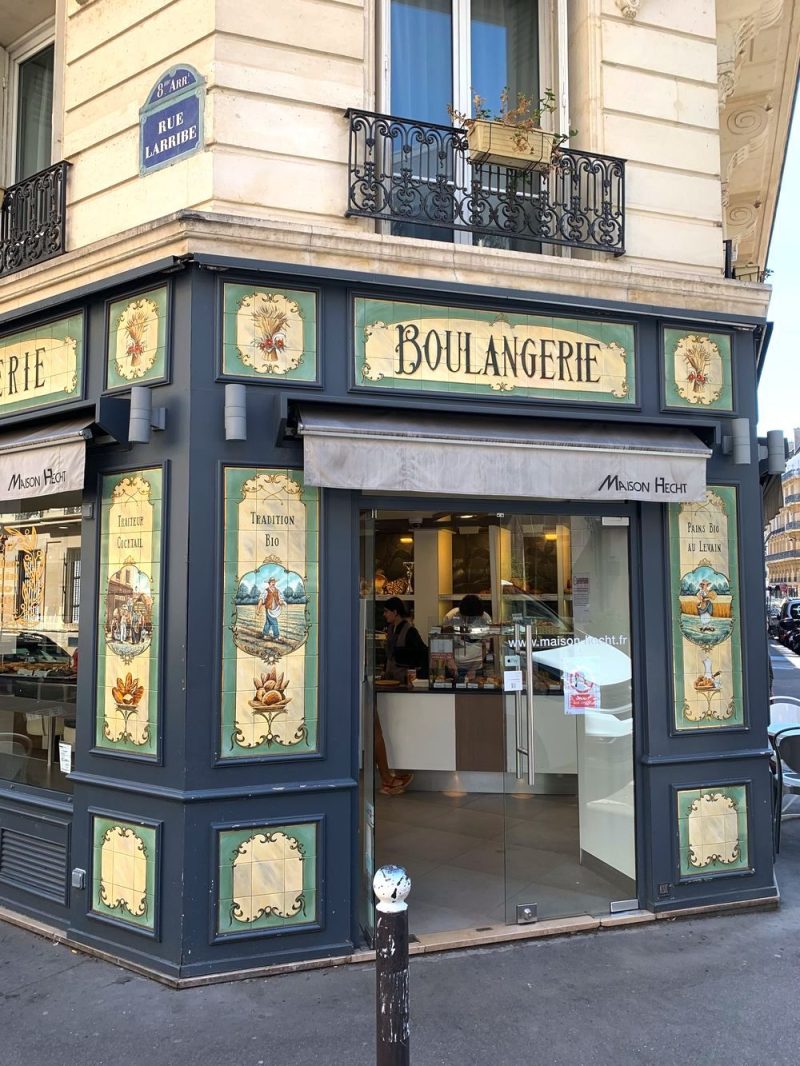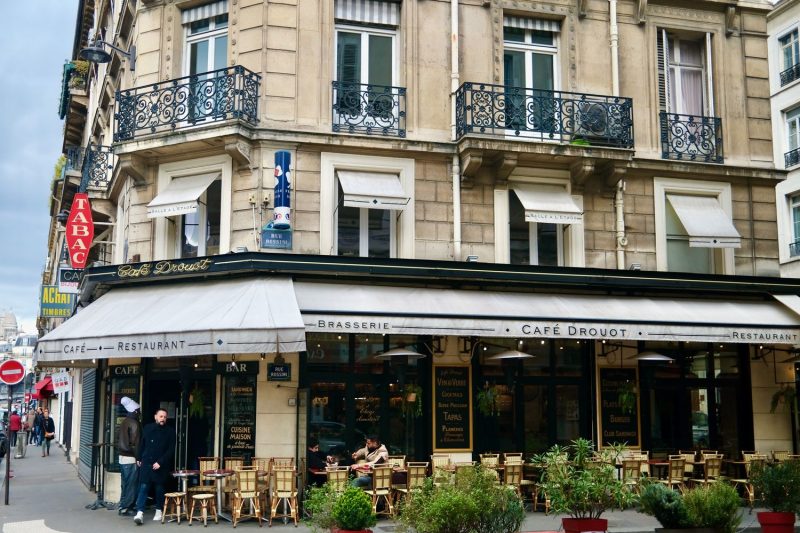What is the Tipping Culture in France Like?
Culture Travel may earn a commission through links on this website. As an Amazon Associate, we earn from qualifying purchases.
If you’re traveling to France for the first time, one cultural difference you’ll likely notice is the relaxed attitude around tipping compared to places like the United States. Tipping is not an entrenched custom across France the way it is in some other countries. Service charges are already included in the bill at restaurants, cafes, and bars.
However, leaving a modest tip for good service has become more commonplace in recent years, especially in the major cities and tourist centers. Understanding the French norms around tipping can help set the right expectations and avoid awkward situations during your visit. While not mandatory, a small gesture of a few euros left behind can go a long way in showing your appreciation for attentive service that elevated your dining experience.
Here are some key points about the culture of tipping in France:
- Tipping is not an ingrained cultural practice in France like it is in countries such as the United States. Service charges are pre-calculated into the bill at most dining establishments.
- However, it has become more common to leave a small additional tip, especially at places you visit regularly in major cities like Paris. A tip of around 5-10% of the total bill is considered polite if the service was exceptional.
- At lower-priced cafes, bistros and brasseries, it’s common to simply round up the bill total to the nearest euro or leave some small change as a tip.
- At higher-end restaurants, leaving a 10-15% tip is more expected, especially if the service was very attentive.
- Tipping is not expected for routine services like taxis or hair salons where the fees are fixed. However, rounding up the fare or a small extra tip is appreciated for exceptional service.
- Unlike the U.S., tips do not make up a large part of the income for service staff in France as they receive normal salaries from their employers.
So while not absolutely necessary, leaving a modest 5-10% tip for good service is increasingly seen as polite in French tipping culture, especially in major cities. But it is not obligatory!






